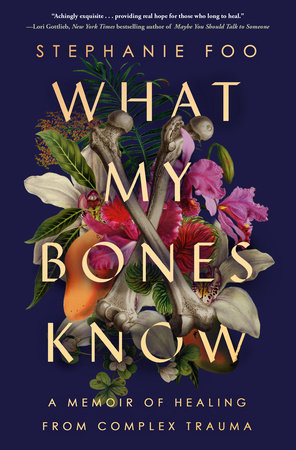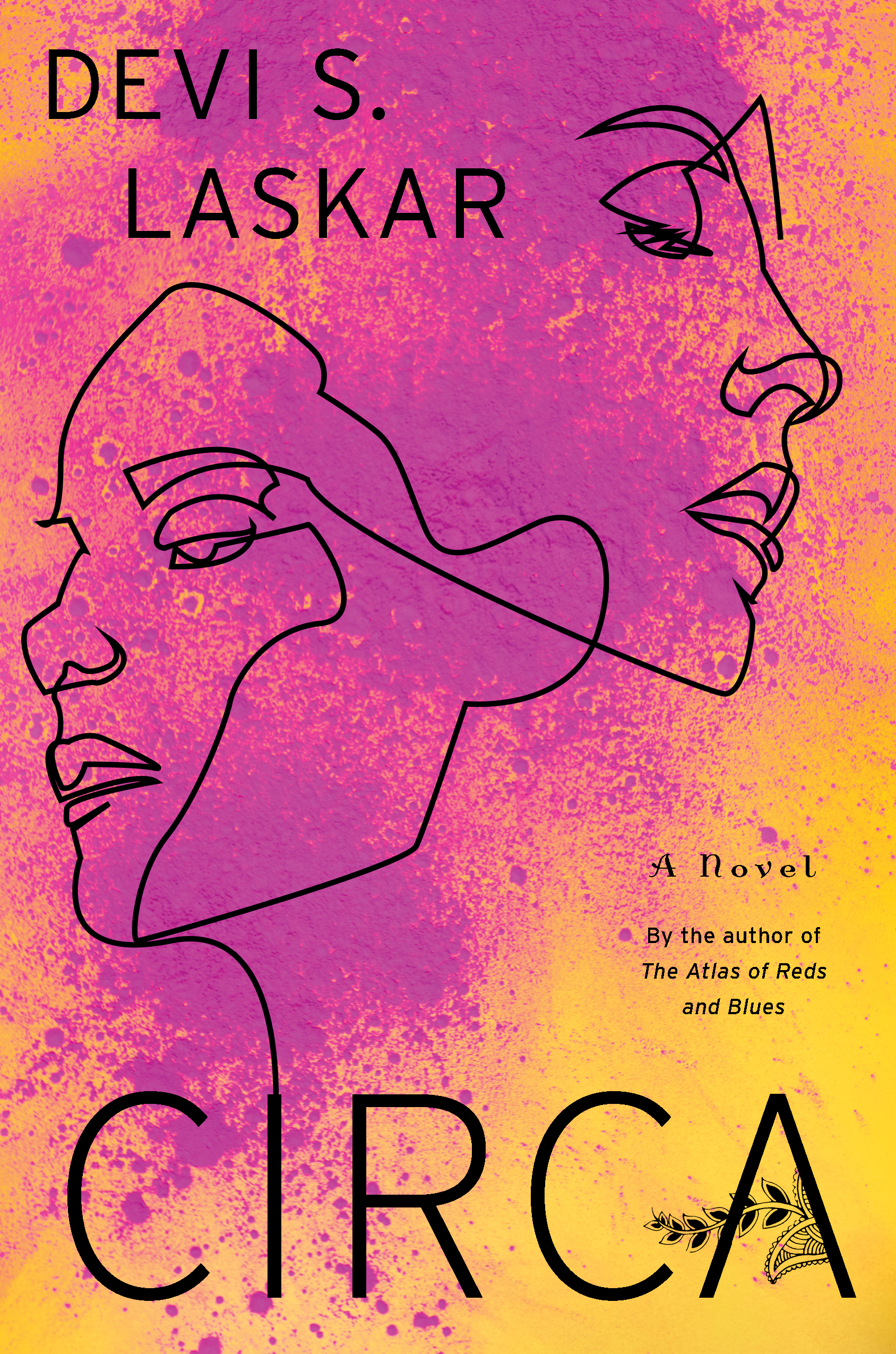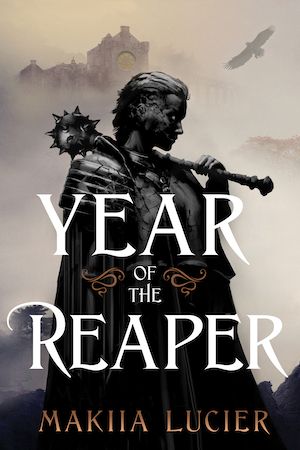Welcome to In Reading Color, a space where we focus on literature by and about people of color.
May is Asian American and Pacific Islander (AAPI) Heritage month! While part of me loves heritage months as celebrations of culture and opportunities for me to learn about more great books I need to add to my TBR, they aren’t without their flaws. Specifically, I feel like it’s reductive to group two very different ethnic groups together as the AAPI label does. Asia alone has so many different cultures and languages, but I at least understand categorizing them together because of the land shared. Adding Pacific Island cultures to this categorization, on the other hand, doesn’t allow the space to fully recognize either group.
The U.S. government began formally recognizing AAPI Heritage month in 1992 as a much-needed step in 1) coming to terms with its discriminatory treatment of Asians and Pacific Islanders, and 2) acknowledging and highlighting what both of these groups have contributed to the U.S. The thing is, in 2000, the label “Asian and Pacific Islander” was split into “Asian Americans” and “Native Hawaiians and Other Pacific Islanders” (NHOPI), which seems to take the differences I mentioned before into account. I would think that this would lead to different heritage month celebrations, especially as I know there are those who identify as Asian American and NHOPI who also have issues with the labelling.
With that said, I still jump at the chance to highlight books during heritage months, and will continue to highlight authors of Asian and Pacific Islander descent. I just think it’s time to reevaluate what this label means, and unflatten our views of Asians, Pacific Islanders, and all other non European ethnicities.
Now, a few books for you to get into!

What My Bones Know by Stephanie Foo
The past few years have seen trauma being explored in interesting ways. For one, there’s the idea that it can be passed through generations, which is aptly referred to as generational trauma. Foo, an award-winning radio producer, comes to understand that her daily crying sessions and panic attacks are a result of complex PTSD (C-PTSD) as a result of trauma. With this memoir, she includes thorough research and interviews with experts to detail how she came to heal from inherited trauma, emotional and physical abuse, and abandonment by her parents.

Circa by Devi S. Laskar
Heera is a teenager growing up in the ’80s in North Carolina who feels suffocated by parents who immigrated from Bengali before she was born. She and her friends Marie and Marie’s brother Marco, dream of escaping to New York City, and engage in pickpocketing to make it happen. Petty thefts aren’t Heera’s only act of rebellion, though, as she and her friends paint anarchy symbols on water towers. Although Heera feels stifled by her community, it provides needed support when Marie is killed in a car accident, which is contrasted with Marco’s excessive freedom and eventual downfall. After the tragedy derails Heera’s plans, she finds another way to live in NYC and go to school, but it involves marrying a 26-year-old stockbroker. This a funny, sad, and lyrical coming-of-age story.

Year of the Reaper by Makiia Lucier
That cover! This is a YA, stand alone fantasy that I will warn you is a plague story. It’s the Black Plague, though! Lord Cassia is a young nobleman who comes to be imprisoned by the enemy because of said plague. He eventually gets out and returns to a home that has changed in many ways. For one, his castle now houses the royal court. Secondly, it seems like they brought their raggedy enemies with them. There’s an assassin on the loose who seems to be targeting those close to Queen Jehan, so Cassia teams up with the king’s younger sister, aspiring historian Lena, to uncover their identity. And Cassia can also see ghosts, so there’s that.
Don’t forget you can get three free audiobooks at Audiobooks.com with a free trial!
A Little Sumn Extra
A pineapple upside down cake recipe showdown!
On defining historical fiction
Stop everything you’re doing right now and find out which American Girl doll you are
Why do people say that having your book banned is good?
Oprah defends controversial book club pick
Here is an AAPI care package assembled by the Smithsonian that includes meditations, poems, and films.
Thanks for reading; it’s been cute! If you want to reach out and connect, email me at erica@riotnewmedia.com or tweet at me @erica_eze_. You can find me on the Hey YA podcast with the fab Tirzah Price, as well as in the In The Club newsletter.
Until next time,
-E